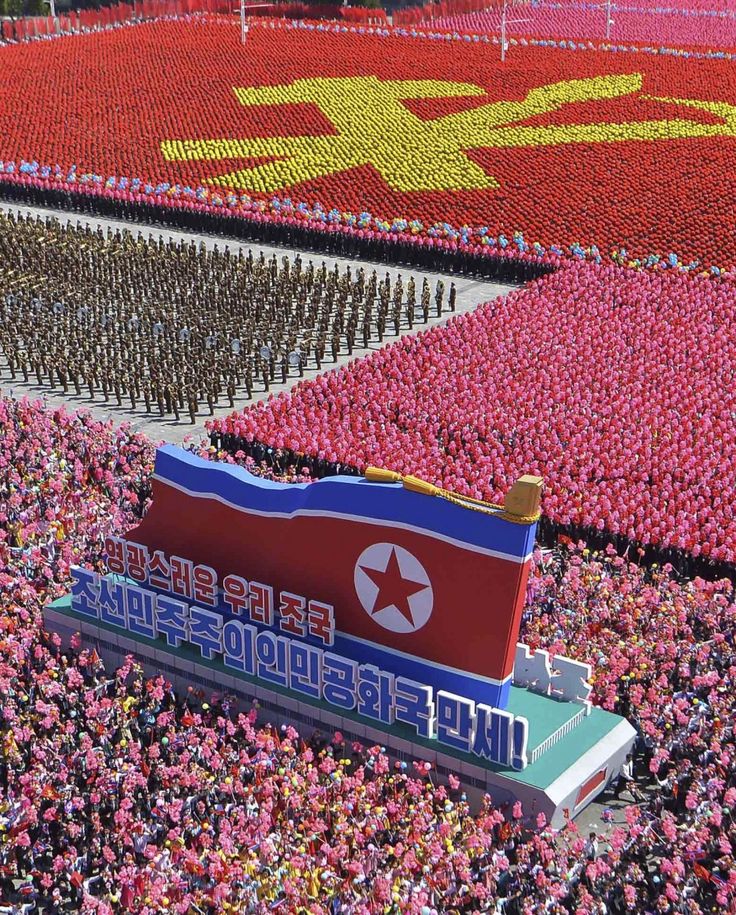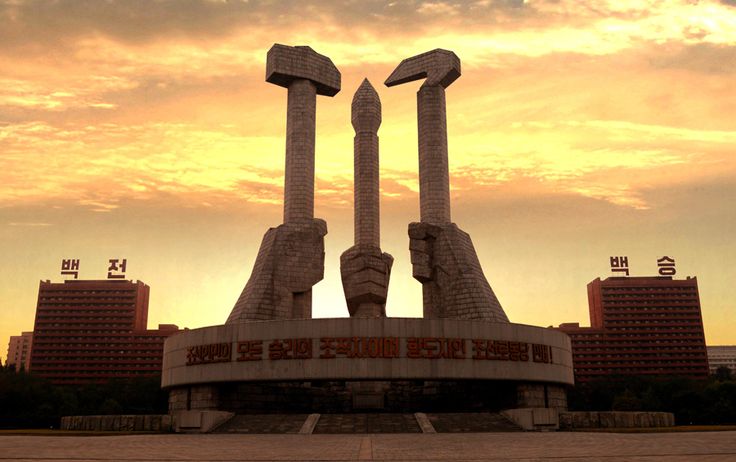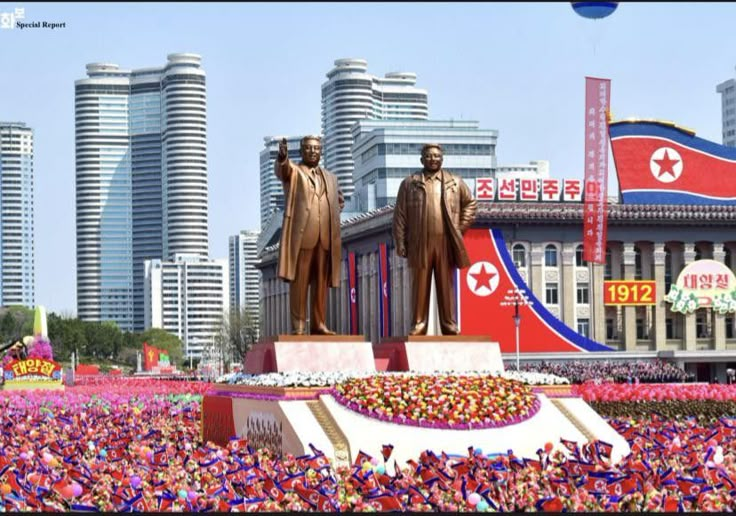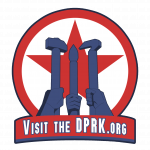So, is North Korea communist? The very short, sharp, and simple answer is no, it is not. Why? There are a number of reasons, but principally because the Democratic People’s Republic of Korea itself does not claim to be communist. In fact, no self-declared socialist state, including the Soviet Union, ever claimed to be fully communist. Communism, as an ideology, has always been understood as a future goal, not a present reality. We will explore this in more detail shortly.
That said, many observers, scholars, and commentators argue that the DPRK is neither truly communist nor even fully socialist. These debates often arise because the country’s political and economic systems do not resemble the classic Marxist-Leninist model familiar to many. In this article, we will break down these arguments and provide a clearer understanding of what North Korea actually represents.

Photo: Getty Images
Has There Ever Been a Communist State?
Let’s start by considering the basics of communist ideology and the question that underpins it all: has there ever really been a communist country? From a strict Marxist perspective, the answer is no. There has never been a state that has fully achieved communism. Countries such as the Soviet Union, China, and Cuba were or are ruled by communist parties, but these countries themselves described their systems as socialist. Socialism was viewed as a transitional phase, the necessary stage before reaching full communism.
Communism, as originally conceived by Karl Marx, was meant to be a classless, stateless society where wealth and power are shared equally. The idea is that the state, as a governing body, would eventually wither away because there would no longer be social classes to manage or conflicts to resolve. No existing country has come close to this vision. Instead, they have focused on building socialism with the aim of eventually reaching communism.
If you were to ask a North Korean how they see their country, they would most likely say it is a socialist country working towards communism. This is consistent with the official ideology of the state. Sometimes people hear references to communism in North Korean propaganda and assume it means the country is communist right now, but that is not the case. The use of the term often refers to the ideological goal, not the current state of affairs.

What Marx Said About Communism
To understand why no country is truly communist yet, it helps to look at what Marx himself wrote. In his writings on the “higher phase” of communist society, Marx describes a world very different from what we see today:
“In a higher phase of communist society, after the enslaving subordination of the individual to the division of labour, and therewith also the antithesis between mental and physical labor, has vanished; after labor has become not only a means of life but life’s prime want; after the productive forces have also increased with the all-around development of the individual, and all the springs of co-operative wealth flow more abundantly – only then can the narrow horizon of bourgeois right be crossed in its entirety and society inscribe on its banners: From each according to his ability, to each according to his needs!”
In simpler terms, Marx is saying that true communism can only come when labour is no longer a burden people must endure to survive. Instead, work becomes a fulfilling part of life chosen freely. The development of productive forces is critical. Without advanced production, without abundance, communism cannot exist. The idea of “from each according to his ability, to each according to his needs” reflects a society where scarcity no longer rules, and everyone’s basic needs are guaranteed.
Marx’s vision requires a level of material and social development that no country has reached. This is why every state calling itself socialist is in fact still working toward this ideal but has not achieved it.
The Influence of Juche on North Korean Communism
One of the biggest reasons North Korea does not fit neatly into classical communism is the central role of Juche, the country’s guiding ideology. Developed by Kim Il Sung, Juche emphasizes self-reliance, independence, and national pride. It shifts focus away from international proletarian solidarity, which was a cornerstone of traditional Marxism, towards an emphasis on the Korean nation and leadership.
Juche promotes the idea that the Korean people must rely on their own strength and resources to achieve socialism and eventually communism. This has led North Korea to develop a very distinct political and economic model, different from the Soviet or Chinese examples.
The emphasis on Juche has shaped everything from economic planning to foreign policy. It prioritizes military strength and ideological purity, often placing the survival of the state and leadership above international communist goals. This ideological framework explains many of the unique features of the North Korean system, including its isolation from the global communist movement and its resistance to outside influence.
Juche also means that North Korea’s approach to socialism and communism is deeply tied to the personality cult of its leaders. This has made the system quite different from the classless society Marx imagined. The leadership plays a central role, not just in governance but in the nation’s identity and ideology.

Is North Korea Communist Today?
Looking at North Korea today, it remains a socialist state led by the Workers’ Party of Korea, which is nominally a communist party. The party is the vanguard, guiding the country’s political, social, and economic life. The state controls the commanding heights of the economy, including heavy industry, military production, and infrastructure.
However, North Korea exists in a post-Soviet, highly capitalist world. This reality has forced the country to adapt in ways that challenge orthodox Marxism. For instance, the Songun or “military first” policy prioritizes the Korean People’s Army in national affairs and resource allocation, a move that blends socialist and nationalist ideas.
The establishment of special economic zones like Rason also marks a pragmatic shift. These zones allow limited market activities and foreign investment, bringing elements of capitalism into the state-controlled system. Some argue this is comparable to the Soviet Union’s New Economic Policy in the 1920s, which allowed limited private enterprise to stimulate the economy.
Another major factor that complicates the picture is the country’s dynastic succession. North Korea has seen three generations of leadership from the Kim family. This hereditary leadership has led some to question if North Korea is a monarchy. The answer to this is no, but it certainly is not a typical communist system either.
Ultimately, North Korea remains a one-party socialist state with communist roots that has evolved in unique ways to survive and assert its independence. It is neither fully communist by Marx’s standards nor simply capitalist. The reality is far more complex, and understanding that complexity is key to grasping what North Korea really is today.
